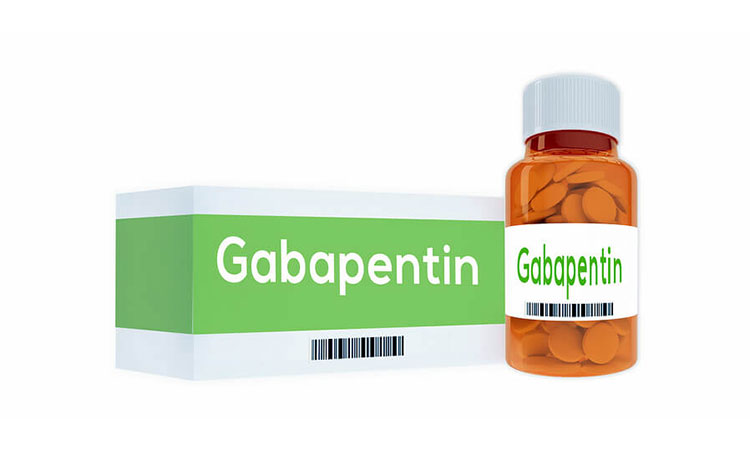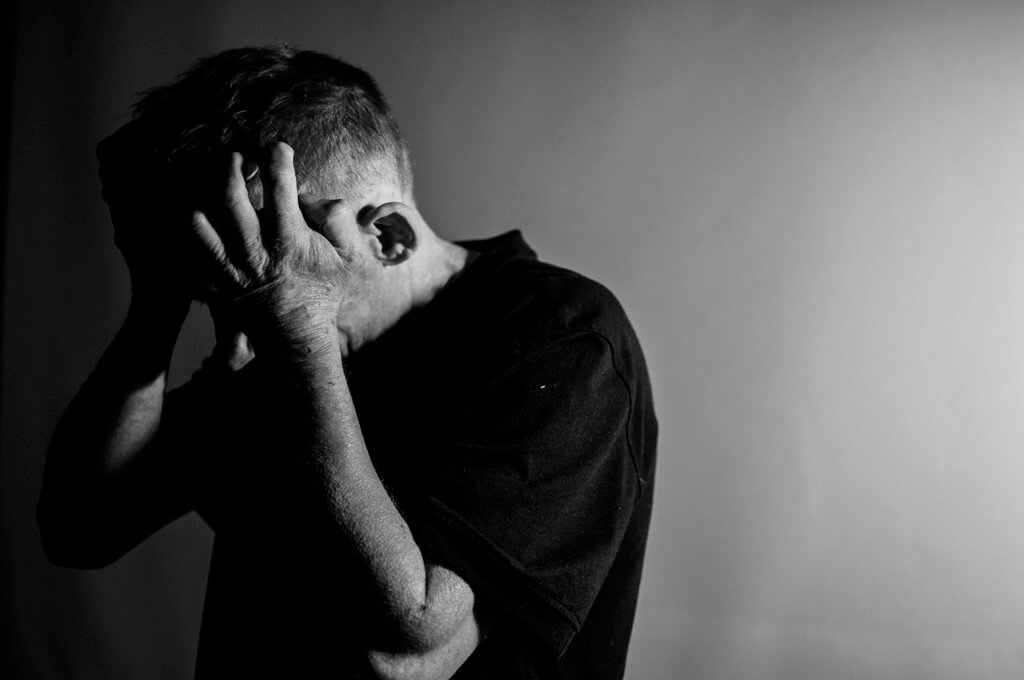
Gabapentin, also known by the brand name Neurontin, is a prescription medication indicated for the treatment of neuropathic pain and epilepsy. As a relatively new drug, gabapentin’s exact mechanism of action and adverse symptoms are still a focus of research. Gabapentin abuse occurs when a person uses gabapentin outside the prescribed direction of a doctor.
Experts believe, however, that gabapentin releases a neurotransmitter in the brain called GABA, and more or less functions as a mild tranquilizer, producing a high in some users. It also induces feelings of calmness, relaxation, and increase sociability, and may be abused by those who use multiple substances to amplify the effects of other drugs or alcohol.
Side effects of gabapentin use or misuse include the following:
- Dizziness
- Drowsiness
- Memory loss
- Poor coordination
- Difficulty speaking
- Viral infections
- Tremors
- Blurry or double vision
- Fever
- Unusual eye movements
- Jerky movements
- Depression
Is Gabapentin Addictive?

Gabapentin can be addictive but usually is not in the same way as other drugs of abuse. This is because gabapentin does not appear to affect neurotransmitters other than GABA (e.g., dopamine and serotonin) like many other central nervous system drugs such as opioids and benzodiazepines.
For this reason, gabapentin is considered to have a lower potential for abuse and addiction and is therefore not included in the Drug Enforcement Administration’s list of controlled substances in the United States.
Despite its low potential for addiction, gabapentin does exhibit properties similar to other abused drugs and can produce psychoactive effects and result in unwanted withdrawal symptoms when a user tries to quit or cut back.
Withdrawal symptoms are a hallmark sign of dependence, a condition that occurs over time as a product of chronic, frequent substance abuse.
Common gabapentin withdrawal symptoms include:
- Anxiety
- Depression
- Irritability
- Changes in appetite
- Excessive crying
- Fatigue
- Headache
- Nausea
- Dizziness
- Insomnia
- Sleep disturbances
- Restlessness
- Itching
- Muscle pain or spasms
- Stomach pain
- Sweating
- Seizures
- Suicidal ideation
When using gabapentin as prescribed by a doctor, side effects such as those listed above are not necessarily indicative of addiction. Signs of gabapentin abuse and addiction that may be more obvious include behaviors that indicate prescription drug-seeking behavior, such as the following:
- Lying about symptoms or exaggerating their severity to physicians
- Visiting multiple doctors or pharmacies in an attempt to get extra doses (doctor shopping)
- Switching doctors after the original physician denies the patient access to the desired medication
- Adverse changes in friends and social behavior
- Adverse changes in personal hygiene
- Preoccupation with drug obtainment and use
- Refusal to quit despite adverse social, financial, or legal consequences
- Failed attempts to quit (relapse)
- Tolerance (increasing amounts of the drug are needed to achieve the desired effect)
Gabapentin Overdose
The likelihood of death from an overdose of gabapentin alone is extremely low. Gabapentin, however, as a central nervous system depressant can interact with other drugs such as opioids and exacerbate effects. These effects may be serious and unpredictable and result in harm to oneself or others. You should never use gabapentin with another substance unless approved by a doctor.
Symptoms of a drug overdose include, but are not limited to the following:
- Nausea and vomiting
- Stomach cramps
- Diarrhea
- Dizziness and loss of balance
- Seizures
- Extreme drowsiness
- Confusion
- Difficulties breathing
- Visual disturbances
- Deep, congested snoring
- Bluish lips and fingernails
- Unconsciousness
- Unresponsiveness
- Coma
- Death
Treatment for Gabapentin Abuse

Gabapentin abuse or addiction is a serious condition that should be treated by medical and addiction professionals. Also, people who abuse gabapentin often abuse other substances such as benzodiazepines, heroin, sedatives, and alcohol.
Treatment for gabapentin abuse begins with a medically-assisted detox, a process in which the patient is supervised around-the-clock for several days until their body rids itself of toxic substances. During detox, medical staff monitor vital signs and administer medication as needed to manage complications.
After detox, patients are encouraged to undergo addiction treatment in our center, which specializes in comprehensive, evidence-based therapies, as well as individual and family counseling and group support. We offer both inpatient (residential) and intensive outpatient formats.
While inpatients reside 24/7 in our safe and secure facility, outpatients live outside the center and visit several days a week. Inpatients receive around-the-clock support and are therefore prevented from relapsing while engaging in the first phase of treatment.
Inpatient treatment is recommended for those with severe addictions, and outpatient treatment is beneficial for people who have less serious substance abuse problems or have already completed 30 days or more of inpatient treatment and are ready to transition back to society.
Outpatients are urged to consider residing in an approved sober living environment and can be provided with transportation to the center if needed.
Finally, those who complete treatment can take advantage of our aftercare planning services and alumni activities for ongoing long-term support and wellness.
Our programs are structured with various components of evidence-based treatment practices and holistic approaches to treatment that provide our patients with the knowledge and tools they need to be successful in their recovery.
If you or your loved one is suffering from substance abuse, please seek help as soon as possible.
Related: Combined Drug Intoxication